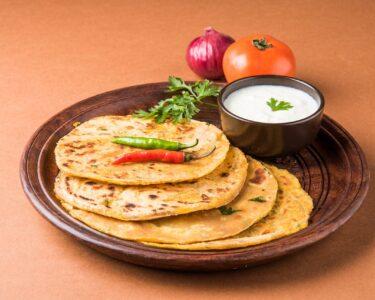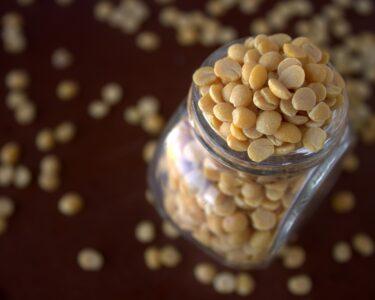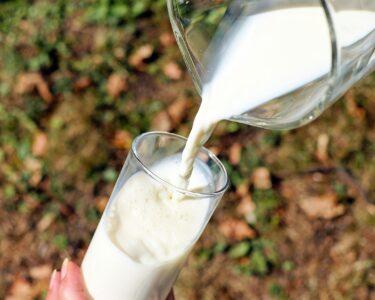What would be the best Indian diet for students? How a student must eat to improve academic performance? If these questions are bothering you, then you are at the right place. This blog is going to answer all your long-standing questions on the Indian diet for students.
Diet plays an important role in academic performance. A favorable diet helps in higher academic achievement [1].
For optimum brain functions, an adequate supply of oxygen, water, and nutrients is essential. To ensure the supply of these materials, good blood circulation is necessary.
Adequate intake of a balanced diet and regular exercise help to improve the academic performance of school-going children and college students.
A proper diet helps to
- To improve the learning capacity of children and adolescents
- To increase their attention, concentration and alertness
- To boost their memory
8 Tips on Indian diet for better academic performance of students
Considering the nutritional requirements, here are the 8 non-negotiable tips for improving the academic performance of students –
Indian diet tip for students 1: Regular intake of a healthy breakfast

Breakfast is the most important meal of the day. Eating breakfast has a significant effect on academic achievement [2].
Scientific studies showed that regular intake of breakfast in the morning before going to school improves the academic performance of students whereas frequent skipping of breakfast lowers the academic performance of students [3], [4], [5], [6].
Good breakfast in the morning –
- enhances concentration of students
- improves attention on class
- Increases learning capacity
- Ensure a better level of subject comprehension
- increase the ability to solve complicated tasks
Indian diet tip for students 2: Adequate protein intake is important for maintaining brain function

For optimum cognitive functions, adequate protein intake is essential. For growing children, it is better to take both animal proteins and plant proteins.
To synthesize various neurotransmitters and neuromodulators, the brain requires amino acids like tryptophan, tyrosine, histidine, arginine, etc. that are supplied by the diet [7], [8].
Dietary sources of tyrosine and tryptophan
| Name of amino acids | Dietary sources |
| Tyrosine and tryptophan | Egg yolk |
| Tyrosine | Tyrosine is usually found in larger quantities than tryptophan in most protein foods. |
Maintenance of appropriate plasma tryptophan concentration is essential for optimal brain function and cognitive performance. Tryptophan is the precursor of serotonin.
Substantial decreases or increases in plasma tryptophan levels disrupt normal behavior and brain function. Reduced plasma tryptophan increases depression and aggression, while increases in this amine acid induce drowsiness and decrease pain sensitivity [7].
Regular intake of a low protein diet causes low blood amino acid levels, leading to deficiency of neurotransmitters in the brain. Mental retardation, learning disabilities, behavioral changes, etc. are signs of severe protein deficiency. To ensure good academic performance, intake of protein-rich foods is important [9].
Indian diet tip for students 3: Ensure adequate carbohydrate intake but avoid excess sugar intake
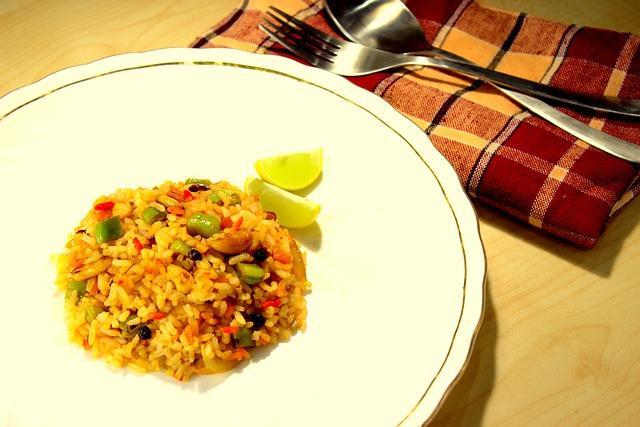
Development and maturation of the brain continue till the adolescent periods. For continued learning, brain function is essential. For the brain, glucose is the preferred source of energy. To maintain a continuous supply of glucose in the brain, the diet of children should provide an adequate amount of energy [10].
Food rich in complex carbohydrates (like whole grains, pulses, nuts, fruits, vegetables, potatoes, etc.) are preferred.
Indian diet tip for students 4: Moderate intake of fat is good for growing children
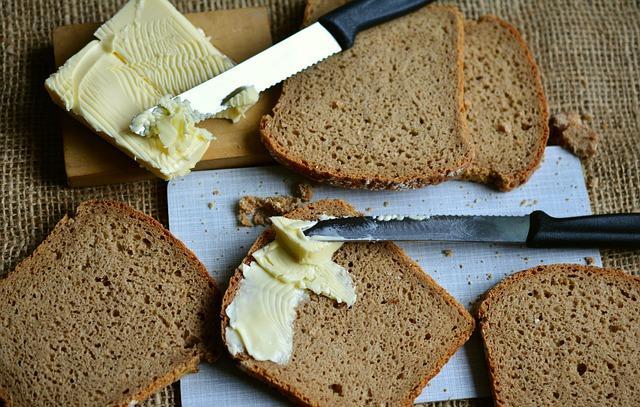
Fat is an important component of the children’s diet. It is essential for the development and maturation of the brain and nervous system. Fat is the only source of essential fatty acids. Fat is essential for the absorption of vitamins like vitamins A, D, E, and K [11].
Adequate fat should be taken by children, comprising 20-30% of their total energy intake. Fish oil, vegetable oil, and egg yolks are the preferred source of fat. These foods are rich in PUFA and MUFA [12].
Indian diet tip for students 5: Antioxidants -Include more fresh fruits and vegetables in your daily diet

Antioxidants help to protect cognitive ability and to prevent oxidative stress. So, the diet of children must supply adequate amounts of antioxidants [13], [14].
Give a citrous fruit daily to your children. Use more tomatoes and greens in your salads to increase your vitamin C intake.
Include a handful of soaked peanuts to the daily menu of the children to increase vitamin-E intake.
Orange fruits and vegetables should be taken literally. Include more carrots, pumpkin, ripe papaya, etc. in the diet of school children.
Add more red-colored fresh foods like watermelon, beetroot, and sweet potato to increase the antioxidant contents of the diet.
Include salad in the daily diets of students. You may add sprouted seeds and nuts in the salads to improve the intake of micronutrients.
Indian diet tip for students 6: Adequate Sleep

Animal and human studies suggest that the quantity and quality of sleep have a profound impact on academic performance.
Adequate sleep
- Improves attention
- Increases efficiency of learning
- Improvesmemory
Inadequate sleep adversely affects both the learning process and memory.
Being chronically tired to the point of fatigue or exhaustion means that we are less likely to perform well [16].
Indian diet tip for students 7: Physical exercise
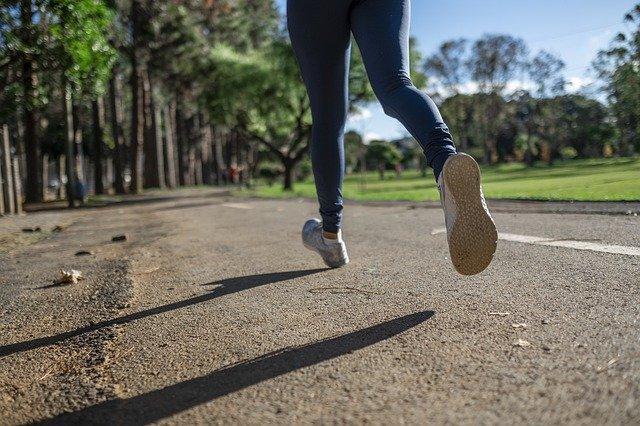
Regular physical activity is essential for proper cognitive functions. Scientific studies indicated that higher academic achievement is associated with higher levels of physical fitness [17].
Exercise helps to –
- Increases cerebral blood flow
The rise in cerebral blood flow increases the nutrient and oxygen supply to the brain, which improves cognitive functioning.
- Improves neurotransmitters levels.
Norepinephrine and serotonin levels are increased after an acute bout of exercise. Regular exercise causes long-term increases in neurotransmitters levels [18]. Norepinephrine creates strong memories. A high norepinephrine level is associated with improved memory [19], [20].
There is a positive relationship between regular physical exercise and the academic performance of primary, secondary, and university students. Physical exercise is an effective way to improve cognitive performance [21]. Regular physical activity improves cognitive functions. Studies showed that physically fit children performed cognitive tasks more rapidly than less fit children[18]. Regular physical activity and higher levels of physical fitness are positively associated with improved academic performance and brain functions. Regular physical exercise [22]-
- helps to improve attention
- boost the memory of students
- improve academic performance.
- ensure better scores on academic tests,
- improve concentration,
- increases the ability to stay focused and remain on task in the classroom, thus enhancing the learning experience.
Children who participate in vigorous- or moderate-intensity physical activity benefit the most [23].
Indian diet tip for students 8: Avoid the intake of fast foods as far as possible

Excessive intake of fast foods adversely affects the academic performance of students. Instead of taking fast foods, try homemade special foods.
Poor Nutritional quality of Fast Foods
These foods have poor nutrient quality. Fast foods are a rich source of macronutrients but a poor source of micronutrients.
- They are high calorie foods, increasing the risk of being overweight and obese.
- They are high fat foods, providing trans-fat in the diet which is bad for our health.
- They increase the risk of hypercholesterolemia
- Fast foods contain high amounts of sodium, which increases the risk of hypertension.
- They are rich sources of simple sugars that adversely affect your health.
- More than half of the fast-food meals contain a high amount of sodium.
They are a poor source of micronutrients like
- Calcium
- Iron
- Zinc
- Vitamin-A
- Vitamin-C
- B vitamins

Inadequate intake of important micronutrients increases the risk of nutritional deficiencies.
They are highly processed foods, containing very little amounts of antioxidants.
Monosodium Glutamate (MSG) is used in the preparation of many types of fast foods. Excess intake of MSG may adversely affect the health of kids [24].
Diet habits are important in adolescents because they have high brain metabolic needs. Brain glucose consumption is higher in children until the age of 16 to 18 years than in adults [25].
Frequently Asked questions
Q 1. How healthy breakfast affects academic performance? What is the importance of breakfast?
Breakfast plays an important role in the maintenance of the proper nutritional status of school children and has a major impact on cognition [26].
The nutrients present in the breakfast helps to maintain alertness improve the concentration of students and ensure better cognition.
Those students take breakfast regularly, have a higher level of subject comprehension, have regular attendance, and increase the ability to solve complicated tasks.
Many students habitually skip breakfast. Studies showed that schoolchildren who regularly skip breakfast are likely to have poor concentration in class, adversely affecting their school performance. Skipping breakfast leads to a lack of energy, causing disturbances in cognitive functions, poor memory, and low academic scores.
Growth continues throughout the student life which demands a constant supply of adequate nutrients like energy, protein, calcium, and iron. To sustain a higher level of workload in higher classes, the nutritional requirement increases. A healthy diet plan is required for students, starting their day with a healthy breakfast [6].
Anemia is a very common health issue among school children and adolescents which adversely affects their academic performance.

Q 2. What are the adverse effects of skipping breakfast in the morning?
Frequent skipping of breakfast adversely affects the health, nutritional status, and academic performance of students in many ways [4], [5], [26]. Skipping of breakfast-
- increases the risk of being overweight.
- Increases the risk tendency of taking junk foods.
- Reduces attendance in school
- Reduces memory and concentration of students
- low academic scores
Q 3. How physical activity affects brain functions or cognitive ability?
Regular physical activity is beneficial for the brain because it–
- Improves blood circulation in the brain.
- Better supply of oxygen and nutrients in the brain
- Increases norepinephrine and serotonin (neurotransmitters) levels
The rise in cerebral blood flow increases the nutrient and oxygen supply to the brain, which improves cognitive functioning[18].

Q 4. how to improve memory power and concentration naturally?
Our memory can be improved by following a regular lifestyle, proper dietary habits, and moderate physical exercise.
- Follow a regular healthy lifestyle
- Sleep early and wake up early in the morning. Adequate sleep improves memory.
- Take a healthy breakfast rich in carbohydrate, protein, calcium, iron and B-vitamins.
- Take your breakfast within 1 hour after when you wake up. Do not skip breakfast.
- Take one or 2 fruits as a mid-morning snack.
- Avoid excess use of mobile and laptop.
- Children should play outdoor games for 1 or 2 hours.
- Avoid fast foods,junk foods and processed foods as far as possible.
- Avoid cold drinks, energy drinks and commercially available fruit juices as far as possible because they are over loaded with added sugar.
- Tips for a healthy diet
- Choose locally available, seasonal fruits instead of preserved ones.
- Include more greens on your plate.
- Take a citrus fruit (lemon/ orange/ grapefruit/ starfruit) every day.
- Take home-made traditional breakfast instead of taking instant breakfast items.
- Do not remain on empty stomach for a long time.
- Include more whole fruits, vegetables and whole grains to include more antioxidants in your diet.
- Use limited oil, ghee, sugar and salt in home cooking.
- Take salads regularly. Add sprouts, greens and lemon juice to make the salad healthier and tastier.
- Includemore fermented milk products like curd, yoghurt, butter, milk in your daily diet.
- Drink at least 3 litres of water daily.
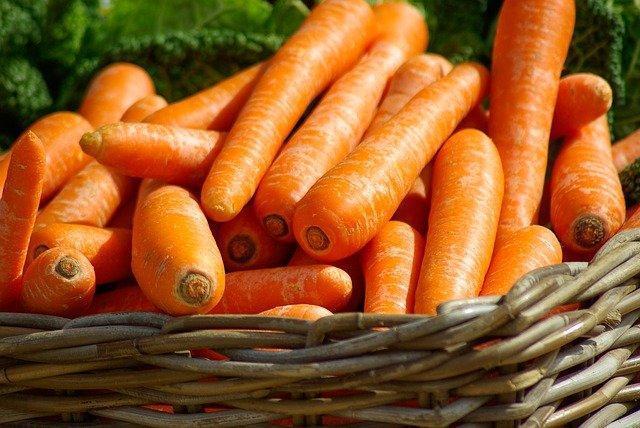
- Do moderate exercise
- Do regular exercise. Aerobic exercise like walking, jogging, swimming is helpful to improve memory. According to World Health Organisation, at least 150 minutes of moderate intensity exercise is necessary for maintaining good health.
- Do breathing exercises for at least 15 to 30 minutes daily [27].
Bottom Line
The academic performance of the students in the school, college, or university depends on their, inherited intellect which cannot be modified by external factors. But it is our role to help in the best utilization of the cognitive power of the child or adolescents. To ensure the improved cognitive performance of students, regular intake of a well-balanced diet and drinking enough water are essential. The good health of growing children, adequate sleep, and regular physical exercise play a crucial role in improving their memory power, increasing learning capacity, better level of subject comprehension, and achieving good academic scores.
A favorable diet helps in higher academic achievement. A high protein, moderate fat, carbohydrate-rich diet is good for students. Their diet should contain plenty of vitamins, minerals, antioxidants, and dietary fiber is needed for maintaining good health and ensuring good cognitive ability. Excess intake of added sugar, salt, fast foods, cold drinks should be avoided.
References
- https://www.ncbi.nlm.nih.gov/pmc/articles/PMC5746694/
- https://www.koreascience.or.kr/article/JAKO201914456458748.page
- https://www.researchgate.net/publication/321322046_The_Effect_of_Breakfast_on_Academic_Performance_among_High_School_Students_in_Abu_Dhabi
- https://knepublishing.com/index.php/AJNE/article/view/1243/
- https://www.ncbi.nlm.nih.gov/pmc/articles/PMC3737458/
- https://iabcr.org/index.php/iabcr/article/view/565
- https://www.ncbi.nlm.nih.gov/books/NBK224629/
- https://www.sciencedirect.com/science/article/pii/S0308814611006248
- https://www.frontiersin.org/articles/10.3389/fnut.2020.00023/full#B4
- https://pubmed.ncbi.nlm.nih.gov/9578992/
- https://academic.oup.com/jn/article/129/11/2094/4721978
- https://www.nature.com/articles/s41538-017-0008-y
- https://pubmed.ncbi.nlm.nih.gov/33946461/
- https://www.ncbi.nlm.nih.gov/pmc/articles/PMC3590037/
- https://www.hsph.harvard.edu/nutritionsource/antioxidants/#antioxidants%20in%20food
- http://healthysleep.med.harvard.edu/healthy/matters/benefits-of-sleep/learning-memory
- http://www.sciencepublishinggroup.com/journal/paperinfo?journalid=325&doi=10.11648/j.ajset.20200503.12
- http://d-scholarship.pitt.edu/13520/1/shannonhouse_8-9-122.pdf
- https://www.sciencedirect.com/science/article/abs/pii/S1044743120301603
- https://molecularbrain.biomedcentral.com/articles/10.1186/1756-6606-3-15
- https://www.researchgate.net/publication/321803862_Physical_Exercise_and_Academic_Performance
- https://activelivingresearch.org/sites/activelivingresearch.org/files/ALR_Brief_ActiveEducation_Jan2015.pdf
- https://www.ncbi.nlm.nih.gov/books/NBK201501/
- https://irispublishers.com/gjnfs/fulltext/toxicological-effect-of-monosodium-glutamate-in-seasonings-on-human-health.ID.000522.php\
- https://www.ncbi.nlm.nih.gov/pmc/articles/PMC4998375/
- https://www.researchgate.net/publication/311930982_THE_EFFECT_OF_BREAKFAST_ON_ACADEMIC_PERFORMANCE_AND_BEHAVIOUR_IN_SCHOOL_CHILDREN_FROM_BATTICALOA_DISTRICT
- https://www.who.int/news-room/fact-sheets/detail/physical-activity


